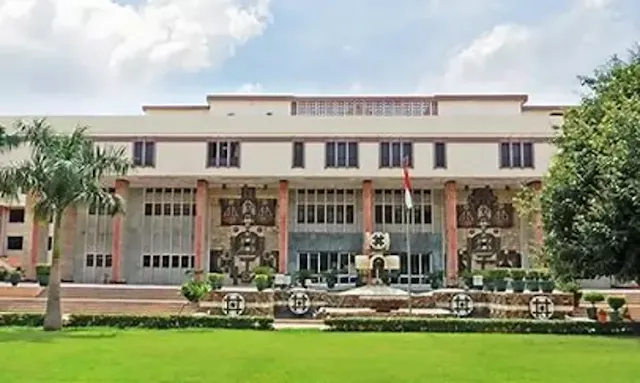In a significant ruling, the Delhi High Court addressed the complexities surrounding charges of abetment of suicide under Section 306 of the Indian Penal Code (IPC) in the context of dowry death allegations. The case involved a husband accused of abetting his wife's suicide, with claims rooted in suspicions of an extramarital affair and alleged dowry-related harassment. The Court's decision provides clarity on the evidentiary standards required to substantiate such serious charges.
The prosecution's case was primarily based on posthumous statements from the deceased's family, alleging that the husband was involved in an extramarital relationship with a colleague and had subjected his wife to physical abuse and domestic violence. Additionally, it was claimed that he pressured her to arrange funds for car instalments, suggesting a dowry demand. However, the Court observed that no formal complaint or grievance regarding these allegations was lodged by the deceased or her family during her lifetime. This absence of contemporaneous evidence weakened the prosecution's claims, leading the Court to question the immediacy and plausibility of the alleged dowry-related harassment.
Justice Sanjeev Narula, presiding over the case, emphasized that mere suspicion of an extramarital affair or strained relations does not suffice to invoke charges under Section 306 IPC. The law necessitates a clearly discernible act of instigation, provocation, or intentional omission that directly leads to the commission of suicide. The Court reiterated that an extramarital affair, in itself, does not constitute cruelty under Section 498A IPC or abetment of suicide under Section 306 IPC unless it is demonstrated that the relationship was pursued in a manner intended to harass or torment the deceased.
The Court further noted that the essential ingredients of the offence under Section 306 IPC must be satisfied, which depends on the specific facts and circumstances of each case. In this instance, the prosecution's reliance on post-incident statements, without corroborating evidence of immediate provocation or harassment, failed to meet the statutory threshold required for abetment of suicide charges.
Considering that the accused had been in custody since March 20, 2024, and that the investigation was concluded with the chargesheet filed, the Court granted bail. This decision underscores the judiciary's commitment to ensuring that criminal charges, particularly those as grave as abetment of suicide, are supported by substantial and contemporaneous evidence, thereby safeguarding individuals from unwarranted legal persecution based on conjecture or retrospective allegations.
This ruling serves as a precedent, highlighting the necessity for concrete evidence when attributing criminal liability in cases of suicide, especially within the sensitive context of matrimonial disputes and dowry-related issues. It reinforces the principle that allegations must be substantiated by timely and tangible proof to meet the rigorous standards of criminal jurisprudence.
WhatsApp Group Invite
Join WhatsApp Community










0 Comments
Thank you for your response. It will help us to improve in the future.